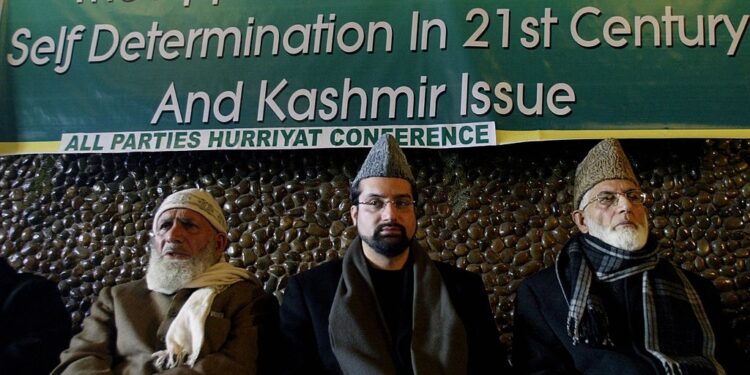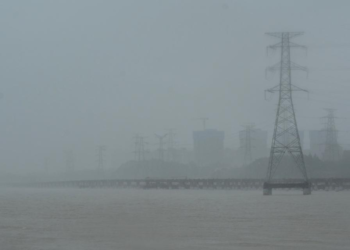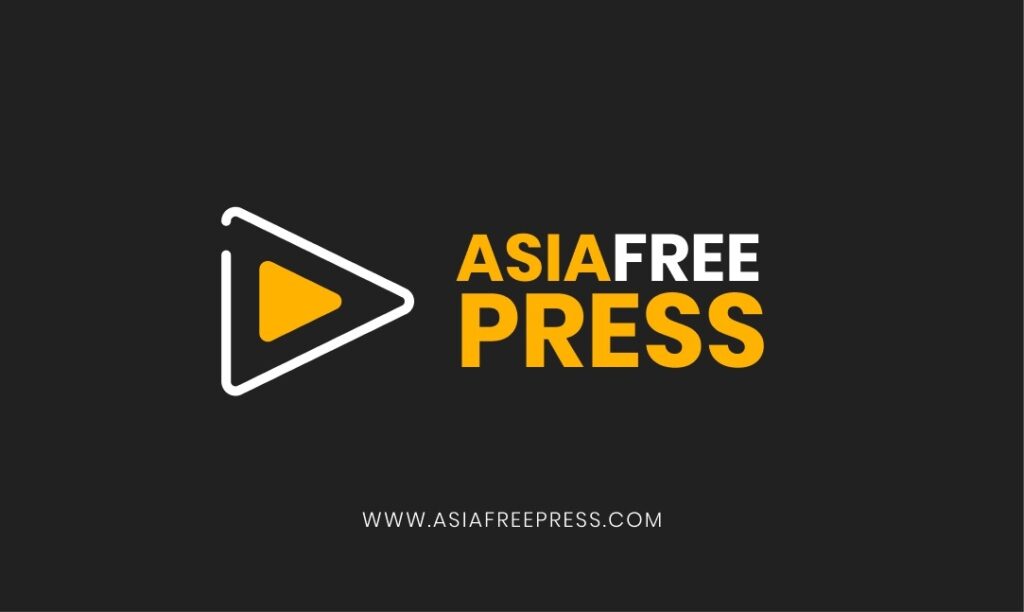We have chosen a few dates to address the rights movement of the people of Kashmir. These dates do not embarrass or discomfort India. India has raised the bar of its repression and remains in violation of its bilateral and international commitments on Kashmir. Our efforts do not go far enough to campaign for the Rights and Dignity and Security and Self Determination.
5 January 2022 was celebrated as the “self-determination day” of the people of Jammu and Kashmir in Azad Kashmir, Pakistan and all over the world. Speakers on the occasion at various events organised by the Governments of AJK and Pakistan, think tanks and the civil society have accredited 5th January 1949 as UN Security Council Resolution” on Kashmir.
There was no Security Council meeting on 5 January 1949 and therefore the Security Council did not pass any resolution. The carried forward belief about this date is fundamentally wrong. It should not be a surprise because we have continued to hang on to many beliefs which are unfounded.
The 5 January 1949 resolution is an UNCIP resolution. It was passed by the United Nations Commission for India and Pakistan at its meeting held on 5 January 1949 in Paris. United Nations Commissions for India and Pakistan (UNCIP) has adopted two Resolutions of 13 August 1948 and of 5 January 1949. The first one was adopted at its meeting in Karachi.
The first Resolution of 13 August 1948 has three parts and deal with Stopping Fighting’, ‘Principles of Truce’ and an ‘Expression that the final status of the State of Jammu and Kashmir should be decided by the free will of the people of that State’.
The second Resolution of 5 January 1949, was adopted at the UNCIP meeting in Paris and is an advance on the first Resolution. It is part of the Second Interim Report dated 10 January 1949, submitted to the UN Security Council at its 399th meeting held on 13 January 1949.
399th meeting of UN SC was attended by Argentina, Canada, China, Cuba, Egypt, France, Norway, Ukrainian Soviet Socialist Republic, Union of Soviet Socialist republics, United Kingdom and United States of America. India was represented by Sir Benegal Rama Rao and Pakistan by Mr. Shaffi. Chairman and members of the UNCIP took their seats at the table of 399th meeting of UN SC.
The 5 January 1949 Resolution is a basis for an agreement on principles for a plebiscite in the State of Jammu and Kashmir, in furtherance of the objectives of the Commission’s Resolution of 13 August 1948. These principles were adopted to govern the holding of plebiscite.
It sets out the manner of the appointment of UN Plebiscite Administrator, his qualifications as a personality of high international standing, commanding general confidence, role of J&K Government, powers of Plebiscite Administrator to appoint staff – assistants and observers, powers to organise, conduct the plebiscite and ensure freedom and impartiality of plebiscite, disposal of armed forces, how the territories evacuated by Pakistan would be governed and a full template to hold a Plebiscite and guarantees the full regime of human rights including the right to return of displaced people etc.
5 January 1949 Resolution rounds up the organising and conduct of a free and impartial plebiscite. It may be that on the presentation of a full and complete basis for the holding of a plebiscite – we call it self-determination day. It disarms India.
UN template on Kashmir has used the words Plebiscite and Self-Determination interchangeably. Under Article 1 (2) the right of self-determination remains the basic principle of UN Charter. While as a Plebiscite is defined differently under different circumstances. Dr. P Graham the UN representative for India and Pakistan on Kashmir, has used the word ‘self-determination’ in para 60 of his report submitted at the 570th meeting of UN Security Council on 17 January 1952.
Dr. Graham reports as, “They are a people of legend, song and story, associated with snow-capped mountains, beautiful valleys and life-giving waters…These people, Moslems, Hindus, Sikhs and Christians, as farmers, craftsmen and artists, small shopkeepers, boatmen, bearers and other workers in areas now on both sides of the cease- fire line, have been, through the centuries, the victims of exploitation and conflict. The recognition of the rights and dignity, the security and the self-determination of these historic people, under the auspices of the United Nations, might well become a challenging example of the progressive values of self-determination to the dependent peoples of the earth.”
We have continued to misunderstand and misdirect ourselves so far. We have failed to advocate that prior to realising the ultimate right of self-determination, the people of Jammu and Kashmir are entitled to “rights, dignity and security”. Unless these three links in the chain of rights struggle are held tight, we may not succeed to weaken the Indian control in its administered part of the State and assist in the process of securing a free and fair plebiscite.
Our poor understanding of the Kashmir case, has helped India to scare away the international community. If we had continued to flag all the four components of the rights movement, we could have had better results. Rights, dignity and security of life are a day to day need and a reminder on these does not disengage the international community.
India and Pakistan have terminated fighting under the UNCIP Resolution of 13 August 1948. Unfortunately we have failed to consider the security of the people of Kashmir. Canada was the first country which has pointed out that the Security Council should consider to “afford security to the peoples of Jammu and Kashmir under some authority which will be recognised by everyone concerned as strictly impartial; and, most important, to provide for a Plebiscite of the people in which all of them will be permitted to express without fear or favour their wishes as to the future government of the State”. (235th meeting of UN Security Council held on 24.1.1948).
Pakistan has made a valuable contribution by proposing to send a UN Force into Kashmir. At the 761 meeting of UN SC held on 16January 1957 Pakistan has proposed:
“112. In view of this, the Security Council should call upon the parties to withdraw all their troops from the State and should also ensure that the local forces which should be placed under the representative of the Security Council and left behind, are suitably reduced, if not disbanded altogether. The functions of protecting the State and ensuring internal security should be entrusted by the Council to a United Nations Force which should be introduced into the area at once. Let all other forces-Indian, Pakistani and local, be disbanded and non-Kashmiri nationals even in the police forces be removed from the State of Kashmir. It is further requested that an early and firm date be fixed for the induction into office of the Plebiscite Administrator. The situation may be saved even at this late stage-but only by these means. The most important of all is to take immediate steps to prevent India from taking the bit into its mouth and defying this august body.”
Pakistan proposal of sending a UN Force into Kashmir was further endorsed by Australia, Cuba, United Kingdom and Northern Ireland and United States of America in Resolution S/3787 dated 14 February 1957. It said, “resolution, therefore, in taking note of the proposal of Pakistan, makes it quite clear that the use of the temporary force could only be considered within the framework of the resolutions in so far as it might contribute towards the achievement of demilitarization as envisaged in the resolutions of the United Nations Commission and towards the pacific settlement of the dispute, the use of such a force would deserve consideration.”
We have chosen a few dates to address the rights movement of the people of Kashmir. These dates do not embarrass or discomfort India. India has raised the bar of its repression and remains in violation of its bilateral and international commitments on Kashmir. Our efforts do not go far enough to campaign for the Rights and Dignity and Security and Self Determination. More so, our efforts are not proportionate and pointed to vacate the latest Indian action of 5 August 2019.




















